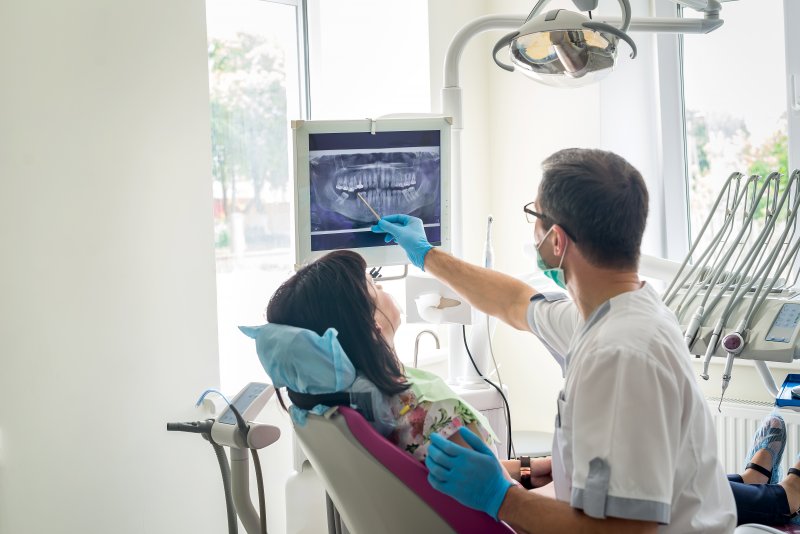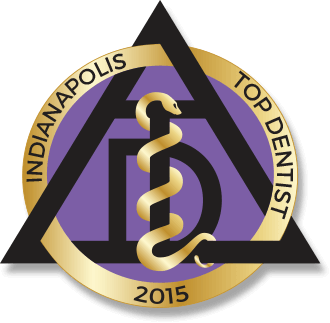
Have you ever taken a sip of a cold drink and experienced a sudden, searing pain in your mouth? Tooth sensitivity can be caused by a number of reasons and impacts a huge number of people. It can sometimes be difficult to tell when tooth sensitivity crosses the line from simply being a nuisance to being an emergency. Even though many dental offices are closed for regular visits during the COVID-19 pandemic, many are still seeing emergency patients. By learning the most common causes of tooth sensitivity, you’ll be better equipped to know if you have a condition you can treat at home or if you require a visit to an emergency dentist in Indianapolis.
Common Causes of Sensitivity
If you experience long-lasting or severe tooth sensitivity, it’s important to have a dentist diagnose your condition. However, if your tooth sensitivity is sporadic and mild, there may be steps that you can take to minimize its effects at home.
Some of the most common causes of tooth sensitivity are:
- Exposed Roots: Gum disease and aggressive brushing habits can cause your gums to recede and expose the roots of your teeth. Tooth roots are not as protected as the crowns of your teeth and can be very sensitive to hot and cold.
- Tooth Decay and Worn Enamel: If you have cavities or advancing tooth decay, your teeth are less protected. This may allow for liquids and food particles to reach the roots of your teeth, irritating them and causing pain.
- Infected Tooth Roots: Infected teeth can be very painful and are often accompanied by swelling in or around your mouth. Often, the only treatment for infected tooth roots is a root canal. If you have throbbing, constant tooth pain, it’s important to book an emergency appointment immediately.
Relieving Minor Sensitivity
Any type of long-lasting tooth pain should be diagnosed by a dentist. If you experience mild, infrequent tooth sensitivity, the following options may help:
- Use a Soft-Bristled Toothbrush and Fluoride Mouthwash: Hard-bristled toothbrushes can cause gum recession. Opt instead for soft-bristled toothbrushes. They are just as effective without harming your gums. Mouthwashes containing fluoride can help strengthen your enamel and prevent your teeth from becoming sensitive.
- Use a Desensitizing Toothpaste: Desensitizing toothpastes are available over-the-counter. After a little while of continued use, they can help to numb your teeth and reduce your sensitivity.
- Avoid Acidic Foods and Drinks: Acidic foods and drinks can wear away at your tooth enamel, leaving you prone to cavities and tooth pain. If you regularly drink sodas or other sugary drinks, consider using a straw to keep the liquid away from your teeth.
Tooth sensitivity can be indicative of a larger problem and should be treated by a dental professional if it persists. To tell when it’s time to book an appointment, a little bit of knowledge about the causes of tooth pain can go a long way. See your emergency dentist for any severe pain and you’ll be back to full health in no time.
About the Author
Dr. Mark Farthing loves getting his patients out of pain. Since graduating from dental school, he has spent countless hours advancing his education to be able to provide the absolute best for his patients. From studying at the prestigious Dawson Academy to working with his Implant Study Group, Dr. Farthing is equipped with the most modern, dynamic dental techniques available. If you are experiencing tooth sensitivity, he and his team at Indianapolis Family Dentistry are happy to give you a consultation. They can be reached by email or over the phone at (317) 622-6605.


